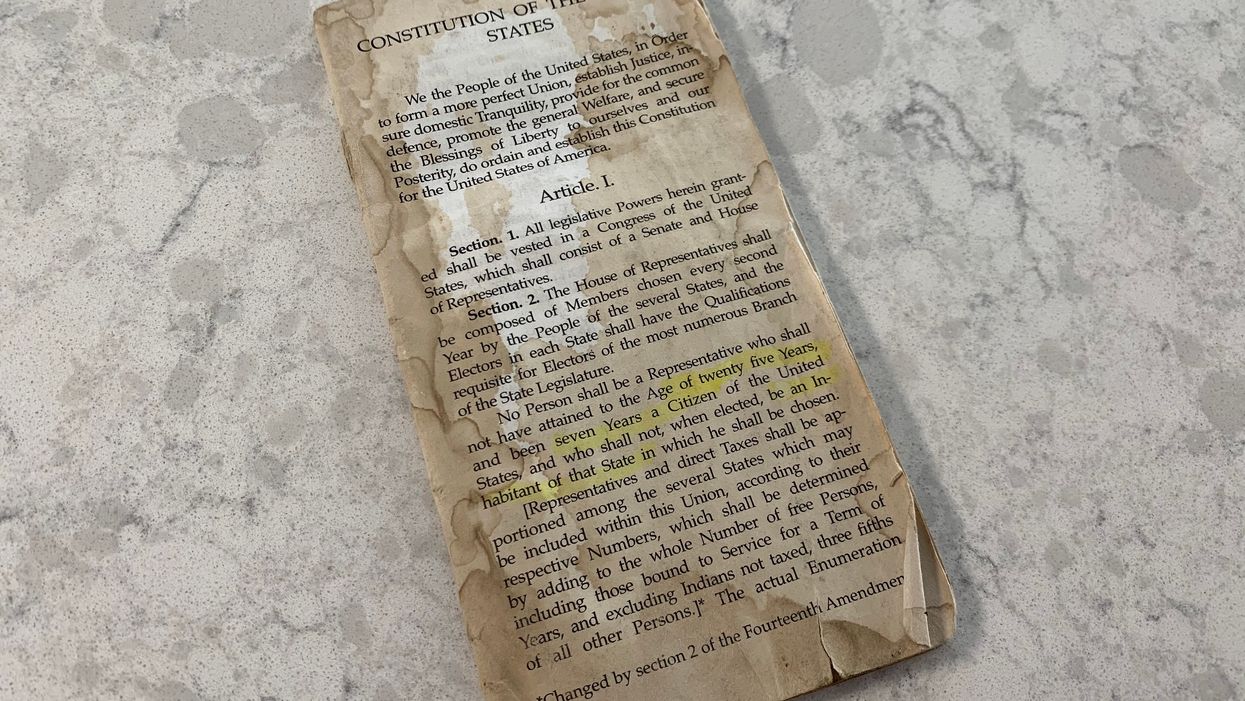Civic education has disappeared? Print is no longer the best way to consume important information? Try persuading nearly a million people who have purchased copies of the Constitution in the past four years — at a record-setting pace.
Donald Trump's presidency, and the persistent challenges to democratic norms and the separation of federal powers it has spawned, sure seem to be the reason.
"There have been some other smaller spikes in Constitution sales in recent history — such as 2010, following the 2009 founding of the Tea Party," said Kristen McLean, a publishing industry analyst for the market research and retail sales tracking firm NPD Group Inc. "That spike is dwarfed by what we have been seeing since these last few years. Regardless of your political affiliation, there is no doubt that our current political climate has done wonders for constitutional engagement."
Sales of the Constitution hit a record 275,000 copies in 2016, the year Trump won the White House, and have increased 60 percent while he's been in office, NPD estimates. Sales have averaged 19,800 copies a month since January 2017, as compared with 7,500 monthly during Barack Obama's first term and 5,600 in George W. Bush's second term.
The firms says print sales spiked in the weeks after Trump accepted the Republican nomination, after his election, after the inauguration, after the protests in Charlottesville, Va., during Brett Kavanaugh's Supreme Court confirmation hearings and after Speaker Nancy Pelosi announced the House was opening an impeachment inquiry.




















Trump & Hegseth gave Mark Kelly a huge 2028 gift